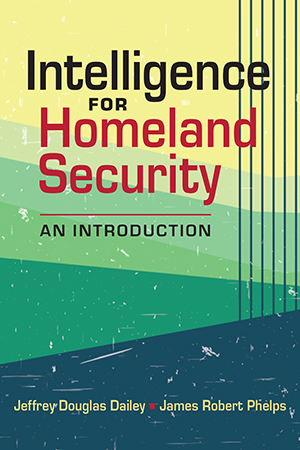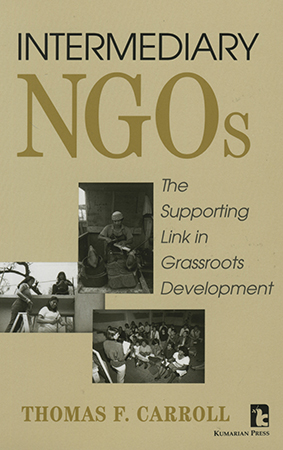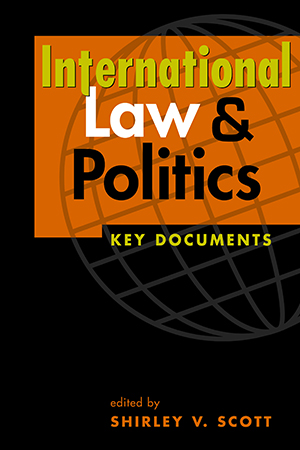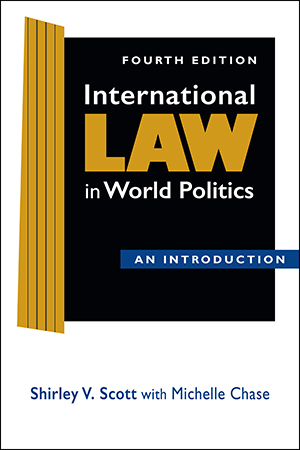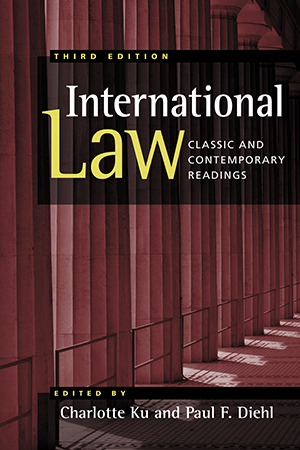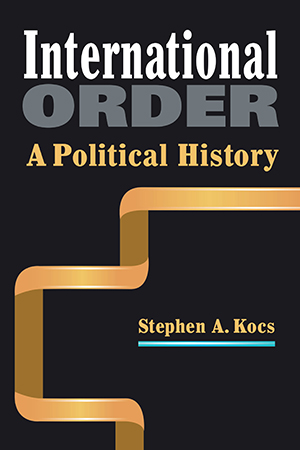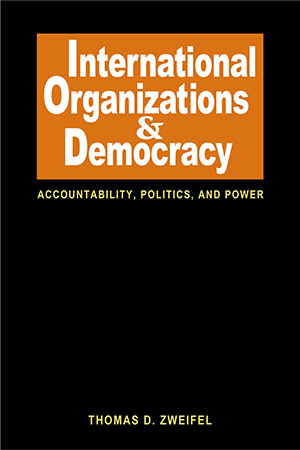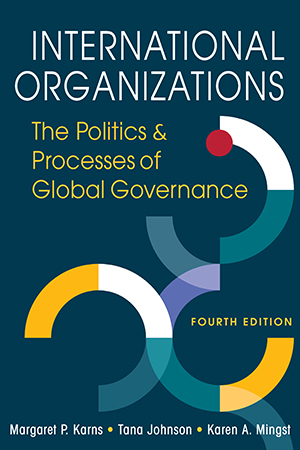BOOKS
Since the September 11 terrorist attacks—considered one of the worst intelligence failures in US history—the many agencies that constitute the homeland security enterprise have More >
The current wave of juvenile intensive interventions appears to be gaining ever-increasing popularity and momentum. This book helps to ensure procedures that state the goals of the More >
Thomas Carroll presents a clear, accurate picture of the role and impact of NGOs in developing countries, along with case studies from Chile, Costa Rica, and Peru. More >
Introducing students to global environmental politics from a critical perspective, Lee-Anne Broadhead reveals the yawning gap between the rhetoric of international agreements and the reality More >
Unique in its breadth of coverage, this carefully designed collection presents the key documents of international law at the global level. The collection encompasses the full spectrum of More >
The Covid-19 pandemic. Russia’s invasion of Ukraine. Cybercrime and ecocide. Outer space. Global warming. These are just a few of the myriad issues that are the subjects, and sometimes More >
Covering subjects ranging from treaties and dispute resolution to the environment, human rights, and terrorism, this anthology reveals the influence of international law on political More >
Where does international order come from? How is it established and maintained? Why does it break down? With every sovereign state its own master, how can order prevail? Answering these More >
Do international organizations represent the interests of the global citizenry? Or are they merely vehicles for the agendas of powerful nations and special interests? Thomas Zweifel explores More >
Astounding, but true ... the newest edition of International Organizations surpasses its predecessors! The fourth edition of this award-winning text has been thoroughly revised and More >



